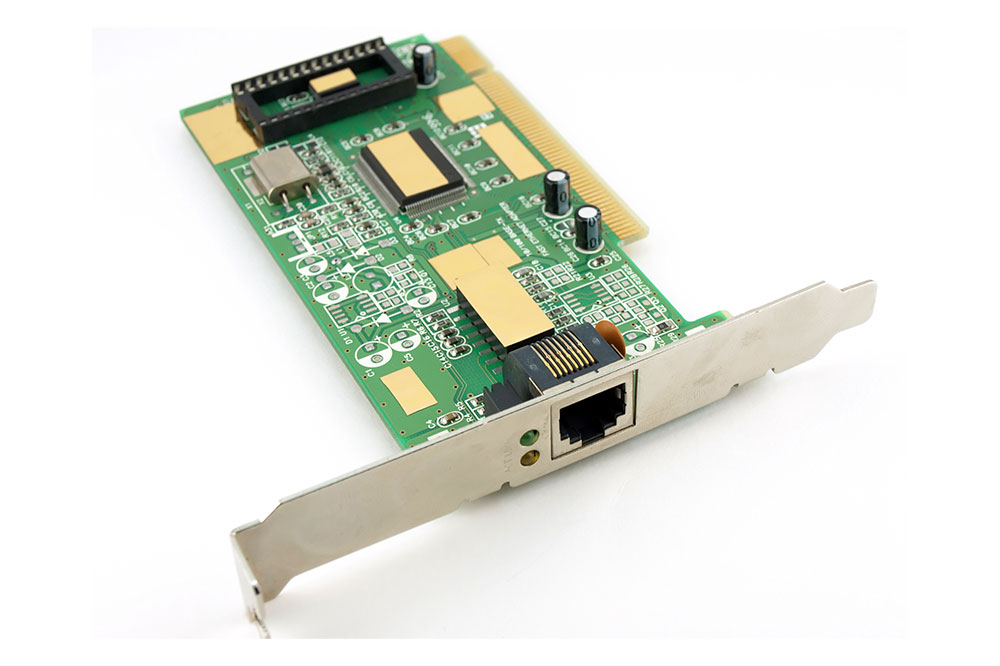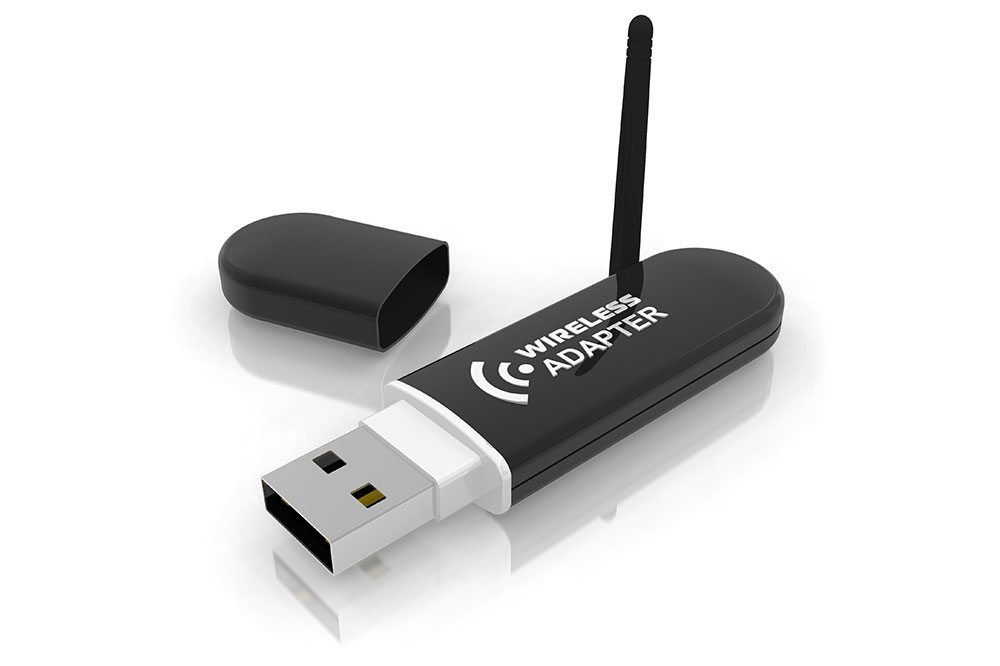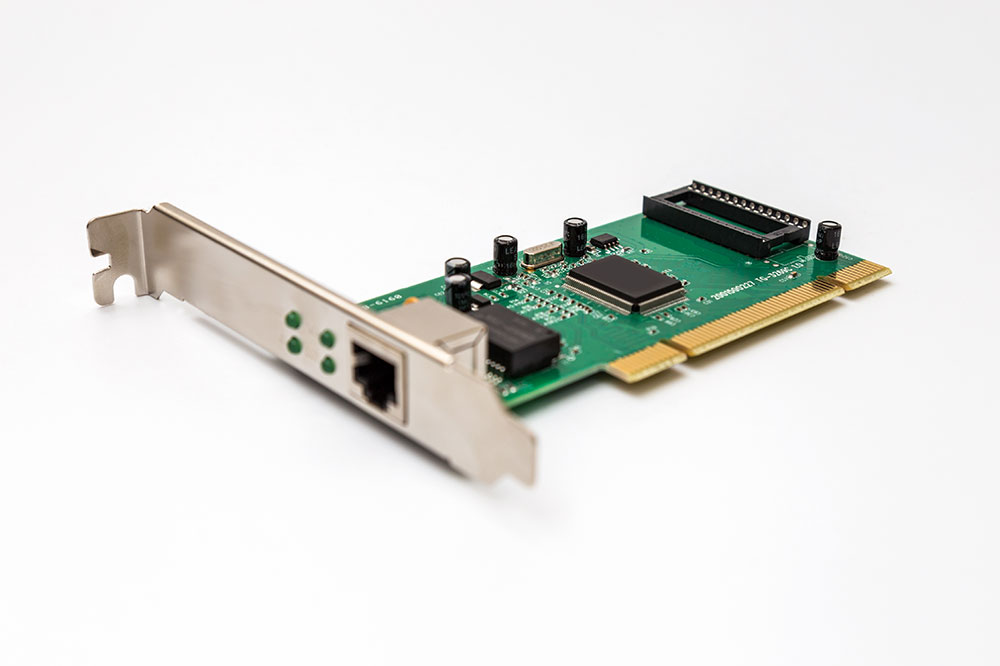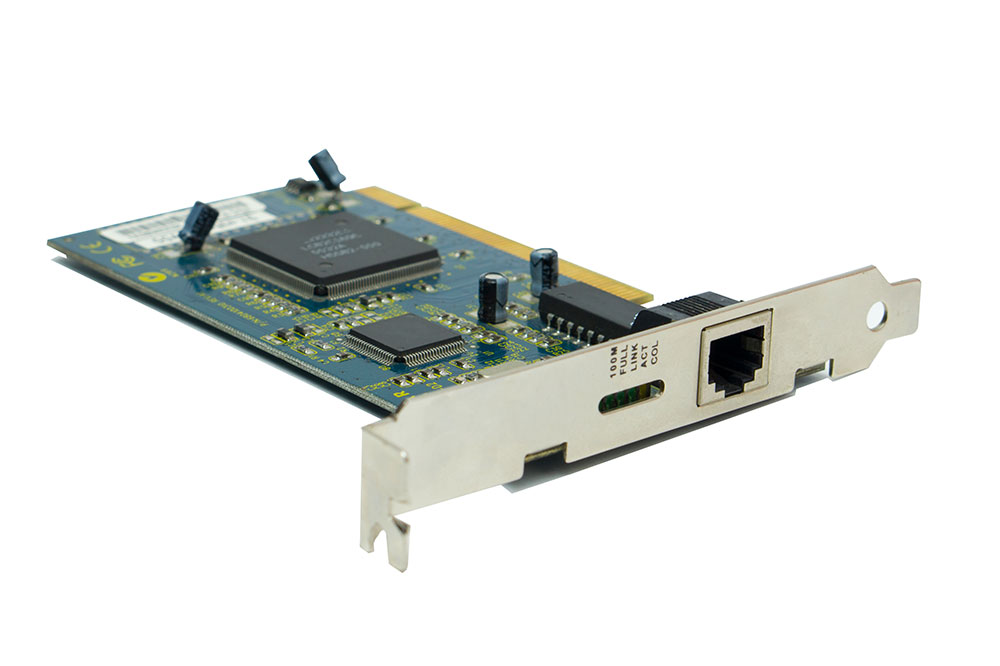Understanding Network Interface Cards: Key Features and Top Brands
Discover the essential functions of network interface cards and explore top brands like TP-LINK, Gigabyte, Leoxsys, and ASUS. Learn how to select the best NIC based on performance, signal range, and reliability for improved internet connectivity and gaming experiences. This guide helps users make informed decisions for optimal network performance across various devices and environments.

Understanding Network Interface Cards: Key Features and Top Brands
A network interface card (NIC) is essential for enabling a computer to access the internet. Most modern computers come equipped with these cards built into their motherboards. This article highlights the key roles of NICs and reviews leading brands in the market.
Main Functions of NICs
The three primary functions include:
Facilitating wired and wireless network connections
Converting data into digital signals for processing
Maintaining connectivity over long distances
Top Network Cards for Optimal Performance
To ensure seamless internet use, selecting a high-quality NIC is crucial.
Here are some top brands to consider:
TP-LINK Archer T5E AC1200
A popular TP-LINK model, the Archer T5E AC1200, is easy to install via PCIe slot. It offers speeds up to 1167 Mbps and features two external antennas for wider Wi-Fi coverage, extending connectivity throughout your home.
Gigabyte GC-WB867D-I
Ideal for gaming, this affordable NIC supports Bluetooth 4.2 and dual-band Wi-Fi at 2.4 GHz/5.8 GHz. It provides speeds up to 867 Mbps and minimizes lag, enhancing your gaming experience.
Leoxsys LEO-2GE82576
This high-performance card supports PCI Express architecture with speeds up to 2.5 Gbps. It features remote wake-up, wake-on-LAN, and auto-correction, making it suitable for demanding network tasks.
ASUS PCE AC56 PCI
Perfect for browsing, streaming, or gaming, this card delivers Wi-Fi speeds of 876 Mbps at 5 GHz and 400 Mbps at 2.4 GHz. An integrated heatsink helps prevent overheating during extended use.
Note: Our blog covers diverse topics to provide useful insights. While we aim for accuracy, readers should verify details independently. The site is not responsible for discrepancies or offers that might be more beneficial elsewhere.





